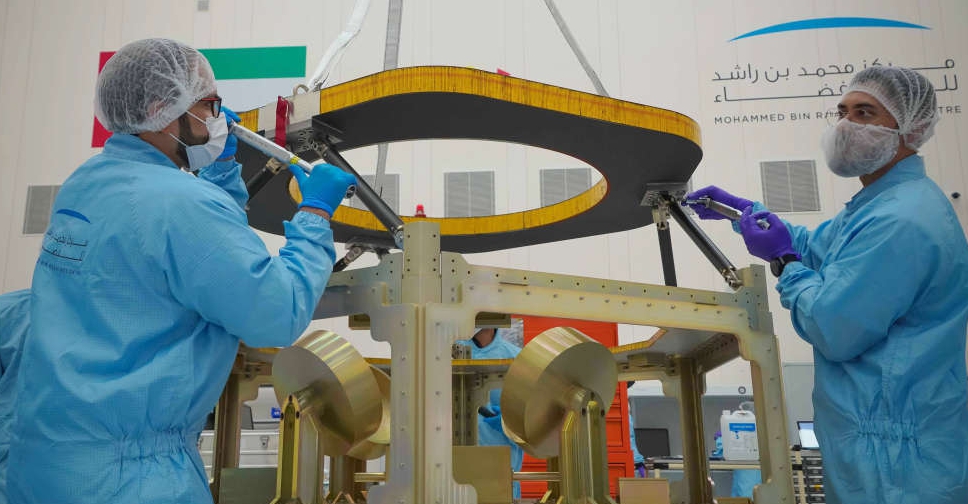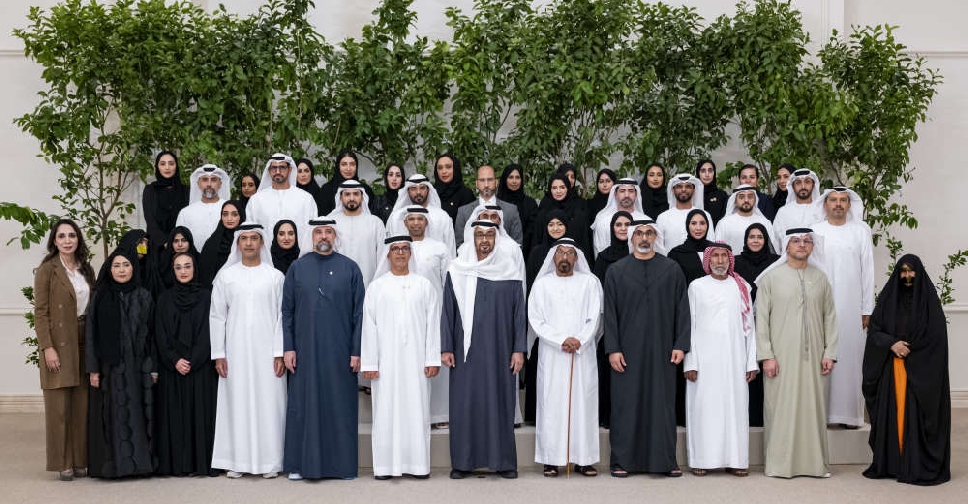
Emirati engineers are now gearing up to develop the flight model of the region’s most advanced imaging satellite, MBZ-Sat.
The Mohammed bin Rashid Space Centre (MBRSC) has confirmed its readiness for the next phase after completing the critical design phase.
The final version of the satellite, which weighs over 800 kg, will be launched into space in 2023 .
The Critical Design Review (CDR) is the final multi-disciplined technical review to ensure that the satellite can proceed into fabrication, demonstration, and test and can meet stated performance requirements within cost, schedule, and risk.
MBZ-Sat is the second satellite to be locally-built, after KhalifaSat, which was launched in 2018.
"We are also proud to have the Emirati private sector involved in the development of the MBZ-SAT, helping play a critical part in the progress of the project. We will now focus on the next stages of the mission, which promises to be yet another leap forward for the UAE’s space ambitions," said Salem AlMarri, Director General, MBRSC.
The Mohammed Bin Rashid Space Centre completes the critical design review of MBZ-SAT, which will be the region’s most advanced high accuracy, high resolution imaging satellite.#MBZSAT pic.twitter.com/DrIzQpqW1V
— MBR Space Centre (@MBRSpaceCentre) December 21, 2021




 Dubai crowns champions in prompt engineering
Dubai crowns champions in prompt engineering
 H.H. Sheikh Mohammed approves major public health reforms in Dubai
H.H. Sheikh Mohammed approves major public health reforms in Dubai
 Adventure tourism takes centre stage in Fujairah
Adventure tourism takes centre stage in Fujairah
 UAE President launches 'Barakatna' to support senior citizens
UAE President launches 'Barakatna' to support senior citizens


